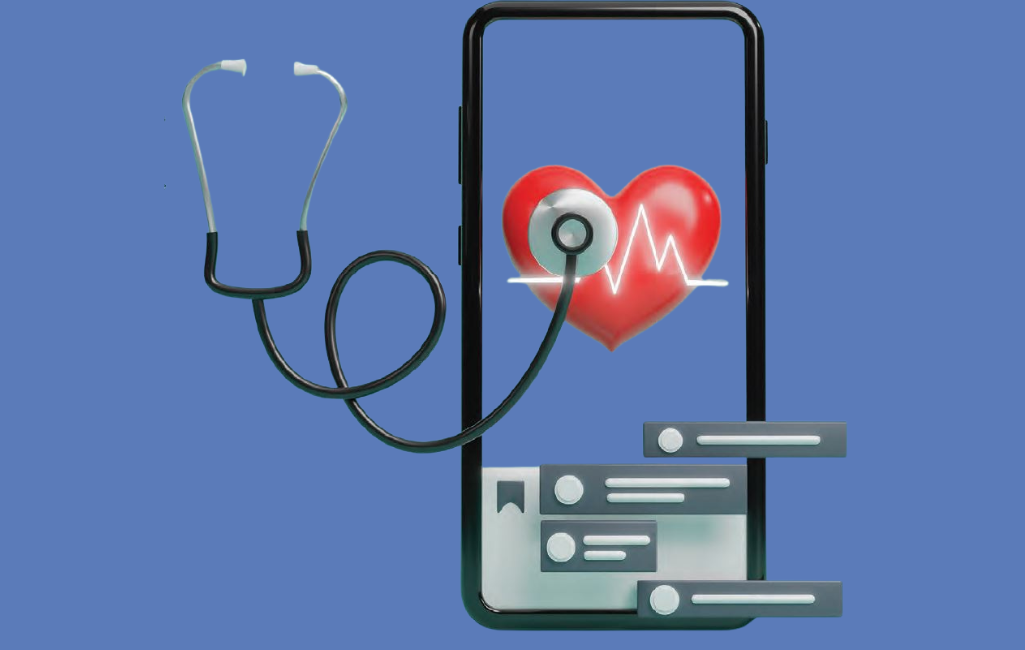As we continue into 2025, the health care industry stands on the cusp of a revolution. Personalized health care is evolving beyond the realm of precision medicine—integrating cutting-edge technologies like artificial intelligence (AI), genomics and wearables to create holistic, individualized care strategies.
Here are some of the biggest trends to watch for in the health care industry this year:
AI and Blockchain: Transforming Health Care Systems
AI will remain a cornerstone of innovation; reshaping diagnostics, predictive analytics and operational efficiency. In the realm of drug discovery, AI will enable faster and more precise development of treatments. Predictive analytics will allow health care systems to anticipate and prepare for large-scale challenges, such as pandemics and climate-related health crises.
Complementing AI, blockchain technology will revolutionize the medical supply chain by ensuring transparency and traceability. Together, these technologies will address inefficiencies in inventory management and combat issues like fraud, ultimately enhancing trust and reliability in the health care ecosystem. Additionally, AI-driven cybersecurity measures will help detect and mitigate real-time threats, protecting sensitive health data from cyberattacks.
AI-Driven Personalized Wellness Plans
In 2025, health care will become increasingly tailored to individual needs. AI will play a central role in crafting personalized wellness plans, identifying early signs of health issues and optimizing treatments. Rather than being reactive, health care will shift toward prevention, with AI analyzing vast amounts of data to predict and prevent chronic conditions before they take hold.
For example, AI could suggest diet changes, exercise routines and stress management techniques based on an individual’s genetics, lifestyle and health history. These tailored approaches aim to not only enhance patient outcomes but also reduce the societal burden of rising health care costs by preventing diseases before they require costly interventions.
Mental Health: Expanding Accessibility Through Technology
Mental health care is undergoing a transformation with the rise of behavioral health urgent care clinics and technology-driven solutions. Virtual reality (VR) and augmented reality (AR) platforms will facilitate remote therapy sessions, while AI-powered chatbots will offer 24/7 support; reducing stigma and resource constraints. These innovations will make mental health services more accessible, ensuring timely interventions and addressing gaps in care. The proliferation of mental health crisis centers is another step toward meeting the growing demand for psychiatric care in the U.S., offering immediate assistance to individuals in need.
Direct-to-Consumer (D2C) Health Care Solutions
Life sciences companies are increasingly adopting direct-to-consumer (D2C) strategies, offering patients greater control over their health care choices. Innovations like continuous glucose monitors (CGMs) and medications from major pharmaceutical companies are leading this trend. While this approach streamlines access to treatments, it also raises concerns about maintaining strong patient-provider relationships. Ensuring that patients stay connected with their health care providers will be critical to delivering comprehensive and effective care.
Advances in Genomics and Brain-Computer Interfaces (BCIs)
Gene-editing technologies like CRISPR (a technology that research scientists use to selectively modify the DNA of living organisms) are transitioning from research labs to clinical applications, offering targeted treatments for genetic conditions such as cystic fibrosis and muscular dystrophy. Additionally, BCIs represent the next frontier in wearable health technology, showing potential for managing conditions like epilepsy and paralysis. While these innovations hold immense promise, they also raise ethical questions—particularly concerning data ownership and privacy.
Rising Medical Costs and the Need for Innovation
Medical cost growth is projected to reach its highest level in over a decade, driven by inflation, labor shortages and increased demand for services. To maintain affordability and access to care, health care providers must adopt innovative cost-management strategies. Collaborative efforts across the industry will be crucial in balancing quality care with economic sustainability.
The future of health care lies in creating a sustainable ecosystem where innovation, security and human expertise converge. By embracing technological advancements, addressing ethical considerations and fostering collaboration, the industry can overcome its challenges and deliver improved outcomes for all.
Read more articles for the ConnectComm Community here.


